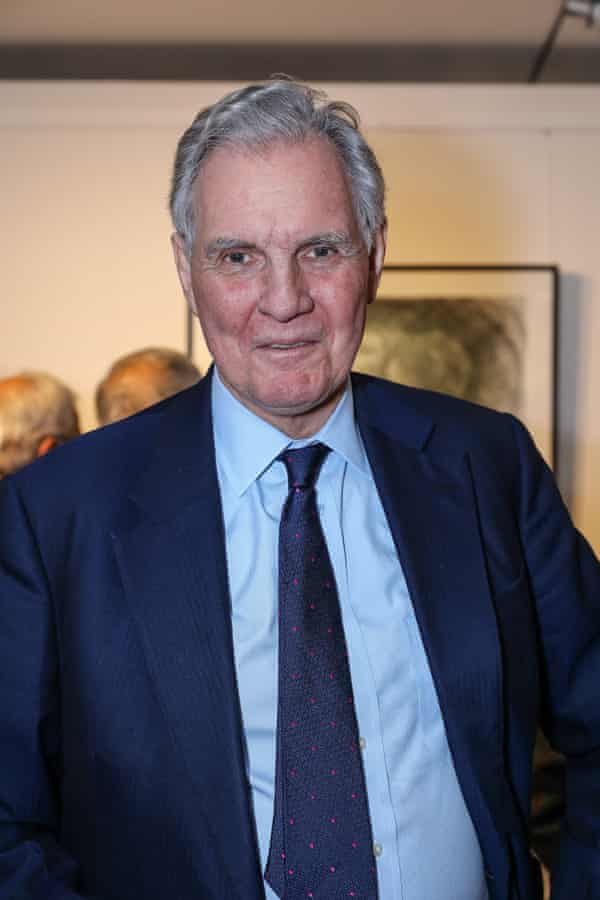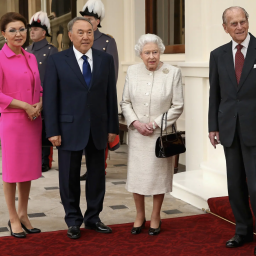Pandora papers cast doubt on ex-Tory minister’s claim he received no payment from Kazakh government for flattering biography

In April 2010 Jonathan Aitken flew to Washington. The former Conservative MP and minister, famously jailed for lying, was in the US for the launch of his latest book: a flattering biography of Kazakhstan’s president, Nursultan Nazarbayev. “Biographers are artists on oath,” he told an audience of senators and diplomats. “They like painting on a broad canvas.” He added: “I have never had a more dramatic and turbulent canvas than the life story of Nazarbayev.”
Aitken’s speech at the prestigious Library of Congress failed to mention one crucial point: that a PR firm working for the Kazakh government appears to have secretly commissioned and paid for his book. According to the Pandora papers leak, Aitken got £166,000 for his literary efforts. The money was routed via Hong Kong and the British Virgin Islands and discreetly sent to Oxford and the ex-MP’s company, Aitken Consultancy & Research Services Limited.

According to the documents, the firm, WorldPR, also picked up the bill for Aitken’s overseas book tour. His expenses included a stay at the Capital Hilton, two blocks from the White House. Aitken’s $1,527 (£1,117) receipt – found in the leak – lists three nights’ accommodation, laundry, a meal in the bar and grill, as well as Twigs restaurant, plus high-speed internet access. The PR company paid the Library of Congress $6,996 for venue hire, with the Kazakh embassy bankrolling a later speaking engagement at New York’s Harvard Club.
Ironically enough, Aitken’s political career came to a dramatic and sticky end in 1996 after he lied in the high court about who had paid for a similar stay at the Ritz hotel in Paris – not a central Asian dictator back then, but the king of Saudi Arabia’s son. Aitken sued following revelations in the Guardian and by the programme World in Action that he had done the bidding of the Saudi royal family, working since the 1970s as a glorified fixer.
The latest revelation is embarrassing for Aitken, who claims that he emerged a reformed character from a seven-month jail sentence after he was convicted of perjury in his libel action against the Guardian. The paper disputed Aitken’s untrue claim that his then wife, Lolicia, had paid the Paris bill. On his release Aitken wrote a memoir, Pride and Perjury. Professing to have rediscovered his Christian faith in prison, he became a clergyman three years ago: the latest episode in the life of a gifted but flawed individual who once aspired to be prime minister.

The Guardian by Luke Harding and Harry Davies














